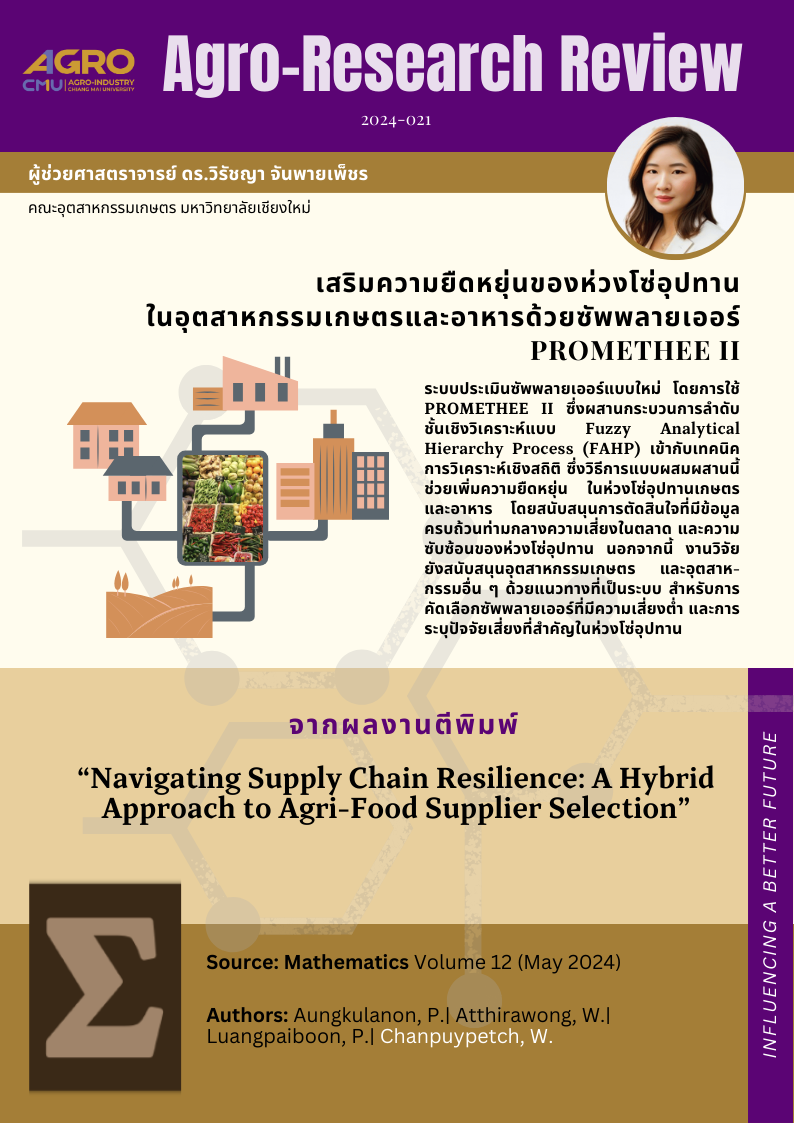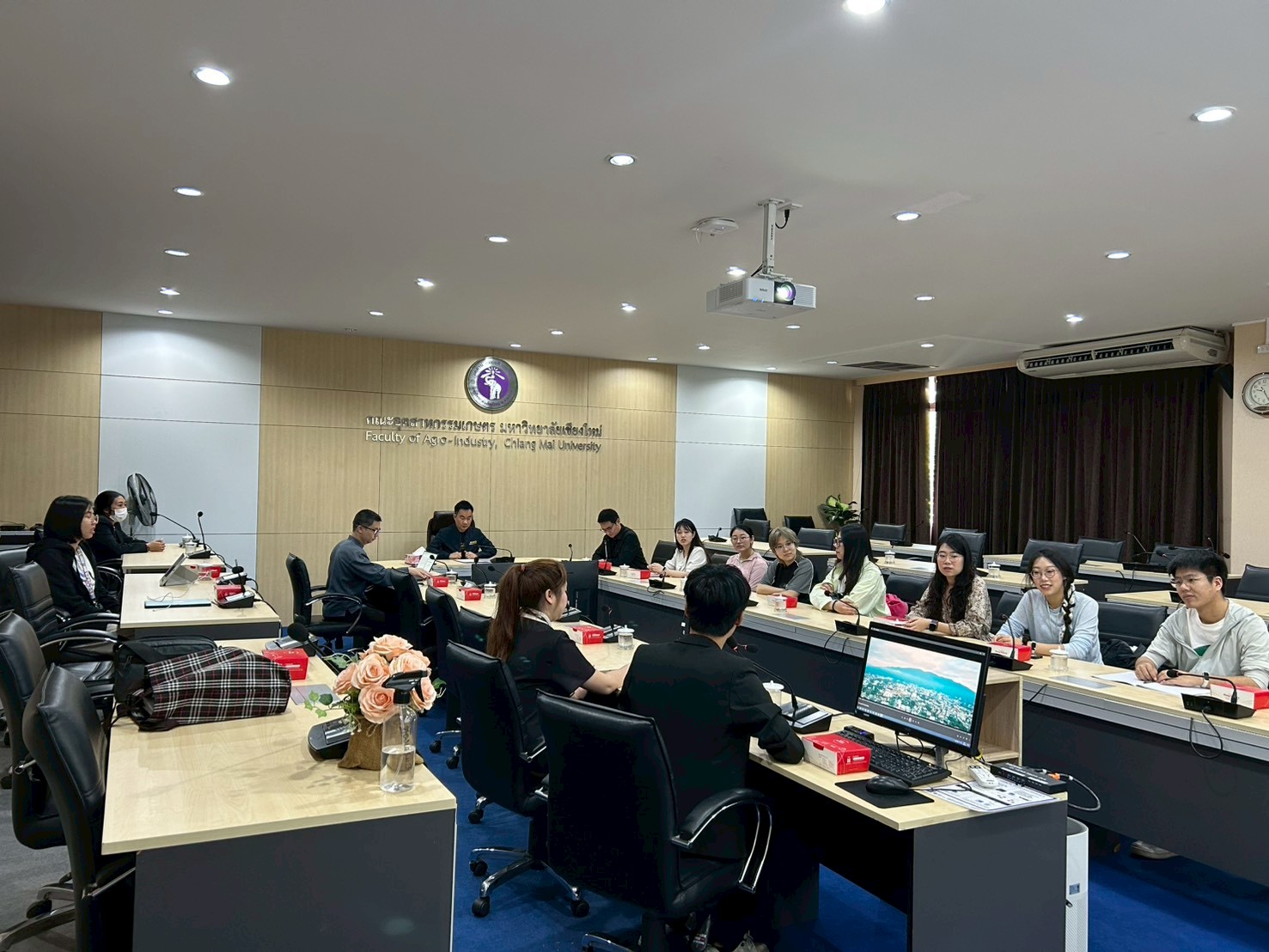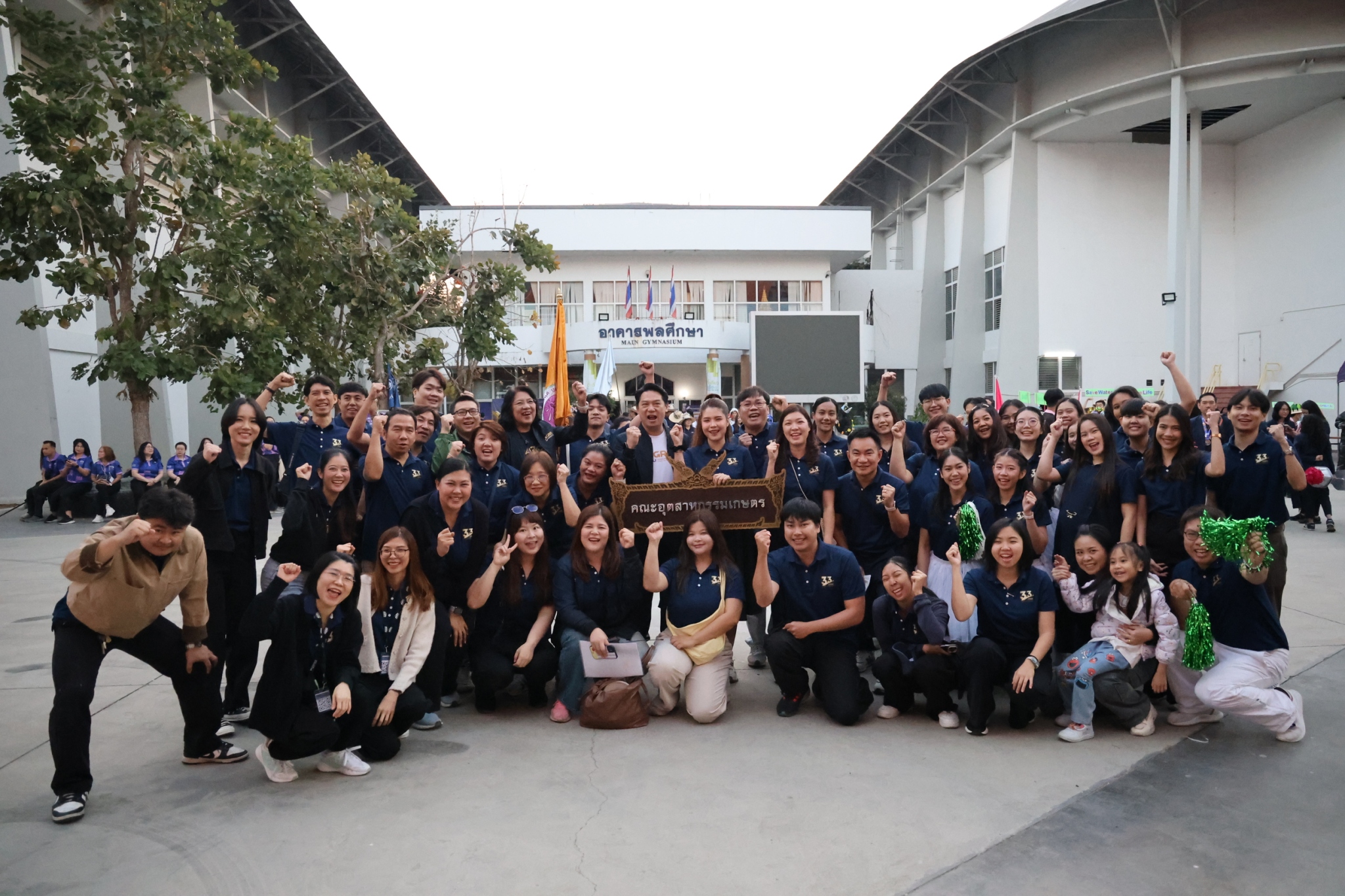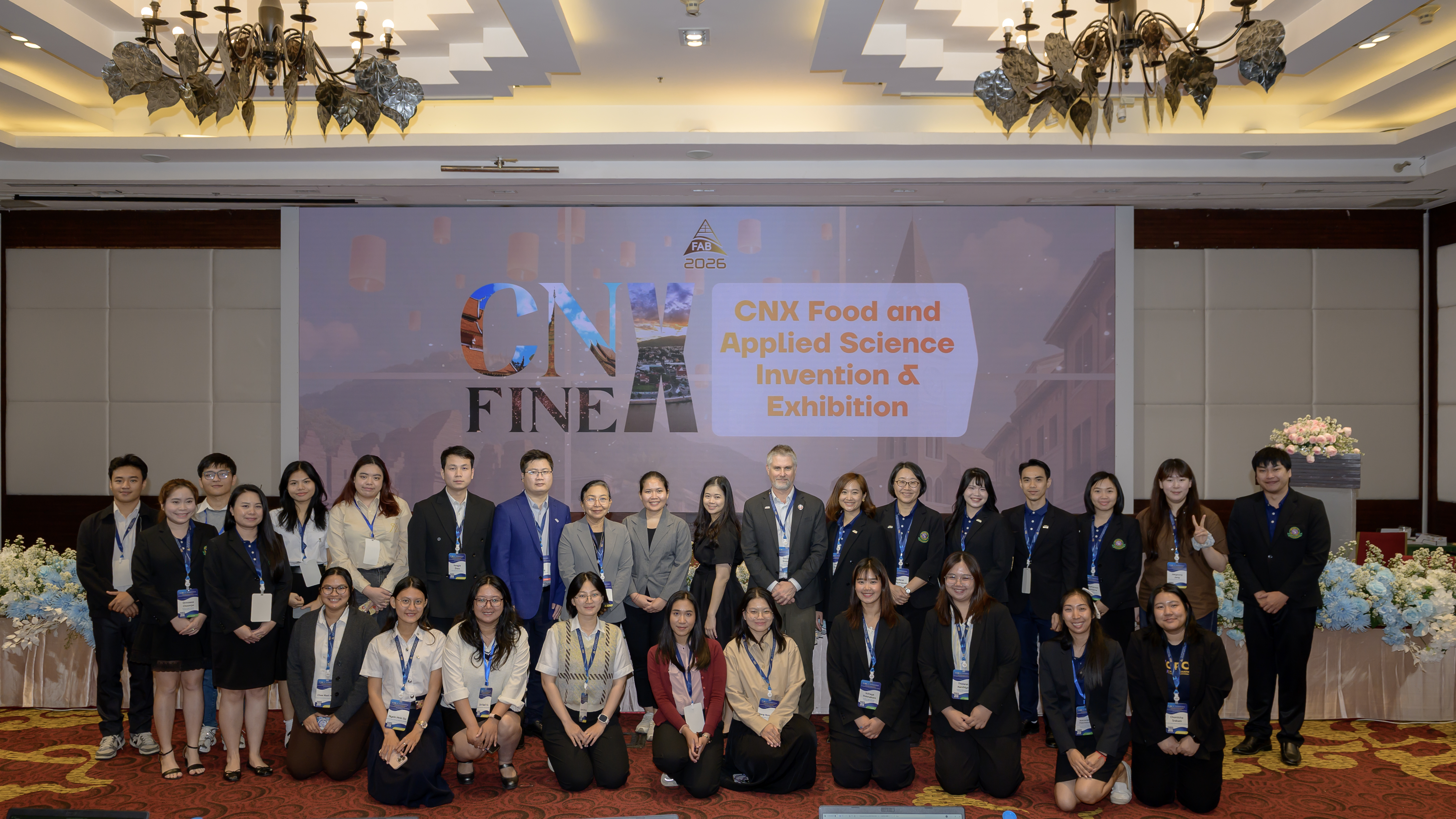
แนะนำงานวิจัย 2024-021 เสริมความยืดหยุ่นของห่วงโซ่อุปทานในอุตสาหกรรมเกษตรและอาหารด้วยซัพพลายเออร์ PROMETHEE II
ระบบประเมินซัพพลายเออร์แบบใหม่โดยใช้ PROMETHEE II ซึ่งผสานกระบวนการลำดับชั้นเชิงวิเคราะห์แบบ Fuzzy Analytical Hierarchy Process (FAHP) เข้ากับเทคนิคการวิเคราะห์เชิงสถิติ ซึ่งวิธีการแบบผสมผสานนี้ช่วยเพิ่มความยืดหยุ่นในห่วงโซ่อุปทานเกษตรและอาหาร โดยสนับสนุนการตัดสินใจที่มีข้อมูลครบถ้วนท่ามกลางความเสี่ยงในตลาดและความซับซ้อนของห่วงโซ่อุปทาน นอกจากนี้ งานวิจัยยังสนับสนุนอุตสาหกรรมเกษตรและอุตสาหกรรมอื่นๆ ด้วยแนวทางที่เป็นระบบสำหรับการคัดเลือกซัพพลายเออร์ที่มีความเสี่ยงต่ำ และการระบุปัจจัยเสี่ยงที่สำคัญในห่วงโซ่อุปทาน
A new supplier evaluation system using PROMETHEE II, integrated with the Fuzzy Analytical Hierarchy Process (FAHP), combines hierarchical decision-making methods with statistical analysis techniques. This hybrid approach enhances flexibility in agricultural and food supply chains by supporting well-informed decision-making amidst market risks and supply chain complexities. Furthermore, the research provides a systematic framework for supplier selection with minimal risks and the identification of critical risk factors in the supply chain, benefiting both the agricultural industry and other sectors.
Topic: Navigating Supply Chain Resilience: A Hybrid Approach to Agri-Food Supplier Selection
Authors: Aungkulanon, P.| Atthirawong, W.| Luangpaiboon, P.| Chanpuypetch, W.
Abstract:
Globalization and multinational commerce have increased the dynamism and complexity of supply networks, thereby increasing their susceptibility to disruptions along interconnected supply chains. This study aims to tackle the significant concern of supplier selection disruptions in the Thai agri-food industry as a response to the aforementioned challenges. A novel supplier evaluation system, PROMETHEE II, is suggested; it combines the Fuzzy Analytical Hierarchy Process (FAHP) with inferential statistical techniques. This investigation commences with the identification of critical indicators of risk in the sustainable supply chain via three phases of analysis and 315 surveys of management teams. Exploratory factor analysis (EFA) is utilized to ascertain six supply risk criteria and twenty-three sub-criteria. Following this, the parameters are prioritized by FAHP, whereas four prospective suppliers for an agricultural firm are assessed by PROMETHEE II. By integrating optimization techniques into sensitivity analysis, this hybrid approach improves supplier selection criteria by identifying dependable solutions that are customized to risk scenarios and business objectives. The iterative strategy enhances the resilience of the agri-food supply chain by enabling well-informed decision-making amidst evolving market dynamics and chain risks. In addition, this research helps agricultural and other sectors by providing a systematic approach to selecting low-risk suppliers and delineating critical supply chain risk factors. By bridging complexity and facilitating informed decision-making in supplier selection processes, the results of this study fill a significant void in the academic literature concerning sustainable supply chain risk management.
Keywords: agri-food supply chain (AFSC); exploratory factor analysis (EFA); Fuzzy Analytical Hierarchy Process (FAHP); Hybrid Sensitivity–Optimization Method for Agri-food Supplier Selection (HSOMASS); PROMETHEE II; sustainable supply chain risk management (SSCRM)
View at publisher: https://www.mdpi.com/2227-7390/12/10/1598
#อกมช. #agrocmu #CMU





